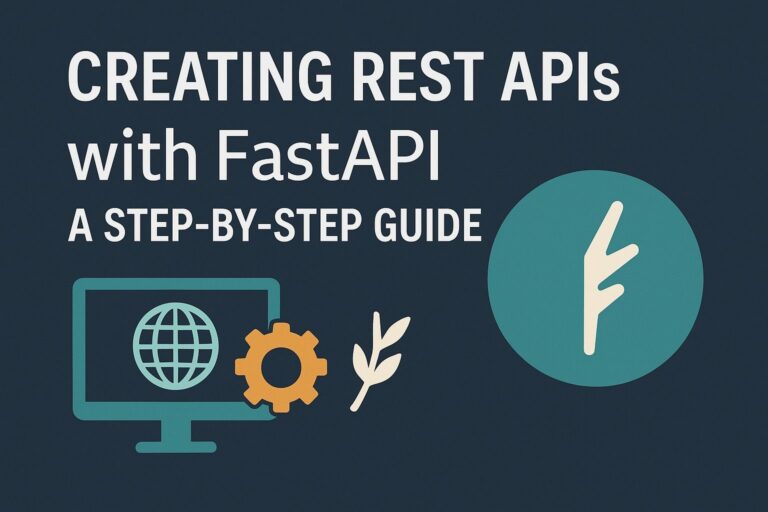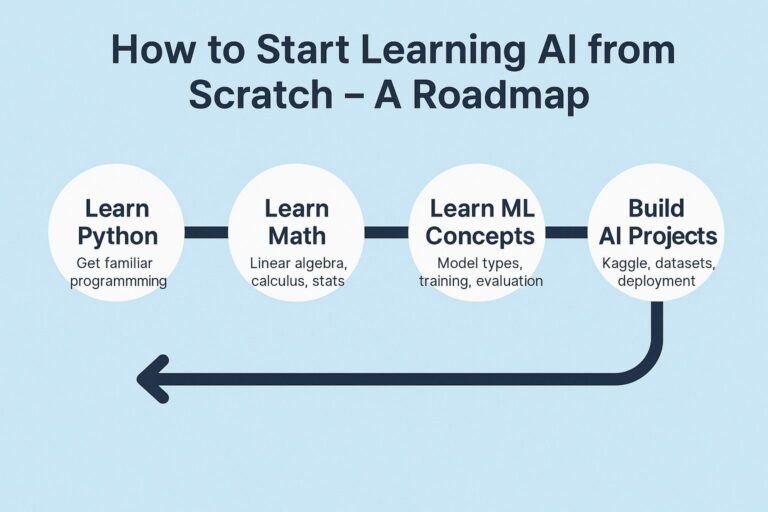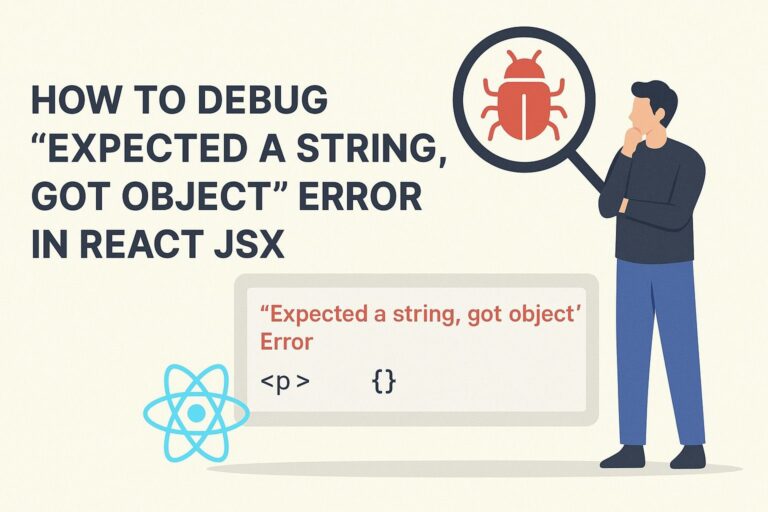
Artificial Intelligence (AI) is no longer the exclusive domain of large enterprises. Thanks to advancements in cloud computing, APIs, and open-source tools, small and medium-sized businesses (SMBs) can now adopt AI in practical, cost-effective ways. From enhancing productivity to improving customer satisfaction, AI empowers small businesses to compete more effectively and grow sustainably.
This guide explores key areas where small businesses can implement AI without requiring massive budgets or technical teams.
1. Automating Customer Service
AI-powered chatbots and virtual assistants can handle a wide range of customer service tasks, reducing the need for human intervention.
Benefits:
- Provides 24/7 support for customer inquiries
- Automatically resolves common questions (returns, shipping, hours, etc.)
- Reduces the workload of human agents
- Enhances response speed and consistency
Popular Tools:
- Tidio
- Intercom
- Drift
- Zendesk AI
- Freshchat
Use Cases:
- E-commerce stores automating order tracking queries
- Service providers offering instant appointment booking
2. Personalized Marketing and Customer Engagement
AI enables businesses to analyze user behavior and personalize messaging, content, and product recommendations.
Benefits:
- Improves email marketing performance through behavior-based automation
- Boosts customer retention through tailored content
- Enhances ad targeting using AI-based segmentation
- Increases upselling and cross-selling with smart recommendations
Tools to Consider:
- Mailchimp with AI integrations
- ActiveCampaign
- Klaviyo
- HubSpot
- Google Ads with AI-powered Smart Bidding
3. Sales Forecasting and Inventory Management
AI can help businesses predict demand trends, enabling smarter inventory decisions and reducing waste or stockouts.
Benefits:
- Increases operational efficiency
- Improves cash flow by preventing overstocking
- Aligns production or purchasing with actual demand
- Identifies seasonal or regional trends
Tools:
- Zoho Inventory with AI analytics
- QuickBooks Advanced
- NetSuite
- ForecastPro
4. Content Creation and Copywriting
Small businesses can use AI to generate high-quality content, saving time and effort in marketing and communications.
Applications:
- Product descriptions for e-commerce
- Blog articles and social media captions
- Email campaigns and newsletters
- SEO-optimized web content
Recommended Tools:
- Jasper AI
- Copy.ai
- Writesonic
- Grammarly with AI tone and clarity suggestions
5. Enhanced Customer Insights and Analytics
AI-driven analytics tools go beyond traditional dashboards by uncovering actionable insights from customer behavior.
Benefits:
- Identifies high-value customer segments
- Predicts churn and lifetime value
- Recommends optimal pricing strategies
- Suggests marketing channels with the best ROI
Popular Tools:
- Google Analytics 4 with predictive AI
- Mixpanel
- Pendo
- Tableau with AI forecasting
6. Fraud Detection and Cybersecurity
AI algorithms can monitor unusual patterns to detect fraud, protect transactions, and improve cybersecurity.
Benefits:
- Secures online payment systems
- Detects phishing, account takeovers, and malware
- Monitors login behavior for anomalies
AI-Enhanced Tools:
- Norton Small Business
- Darktrace
- IBM Security QRadar
- Cloudflare Bot Management
7. Recruitment and Human Resource Management
AI can streamline hiring processes, employee engagement, and performance tracking.
Benefits:
- Automates resume screening and candidate matching
- Assesses soft skills through AI-powered video interviews
- Improves employee retention with predictive analytics
- Enhances onboarding and training with AI-driven LMS
Tools:
- Zoho Recruit
- HireVue
- Breezy HR
- Workable with AI filters
8. Voice Assistants and Workflow Automation
Virtual assistants like Siri, Google Assistant, and Alexa can handle tasks such as setting reminders, initiating calls, or sending messages.
Automation Platforms:
- Zapier for workflow automation
- Microsoft Power Automate
- IFTTT
- Notion AI for daily planning and notes
9. Smart Scheduling and Calendar Management
AI-based tools optimize scheduling by finding suitable meeting times across calendars and suggesting best times based on availability.
Examples:
- Calendly with AI-powered time suggestions
- Clara for automatic meeting scheduling
- x.ai (now acquired by Bizzabo)
10. AI in Accounting and Finance
AI-based accounting software helps small businesses automate routine financial tasks.
Benefits:
- Simplifies bookkeeping and reconciliations
- Flags unusual financial activity
- Provides cash flow forecasts
- Helps with tax planning and compliance
Tools to Use:
- QuickBooks with AI insights
- Xero with predictive cash flow tools
- Zoho Books
- Fyle for AI-based expense tracking
11. Visual Recognition and Quality Control
For product-based businesses, especially in manufacturing or e-commerce, AI can identify defects or categorize products using computer vision.
Use Cases:
- Product tagging and categorization
- Identifying faulty items before shipping
- Visual search in online stores
Tools:
- Amazon Rekognition
- Google Cloud Vision
- Clarifai
12. Competitive Intelligence and Market Analysis
AI can monitor competitors and trends by scraping and analyzing web data.
Applications:
- Track competitor pricing
- Monitor reviews and sentiment analysis
- Discover trending keywords and customer pain points
Tools:
- Crayon
- Kompyte
- Semrush with AI-powered insights
Final Thoughts
Small businesses don’t need to invest in expensive, custom-built AI systems to benefit from artificial intelligence. With the right tools and strategies, AI can help streamline operations, enhance customer experiences, and unlock new growth opportunities. By starting small—whether with a chatbot, automated email workflow, or smart analytics—businesses can gradually integrate AI into their operations and gain a competitive edge in today’s digital economy.
If implemented thoughtfully, AI is not just a cost-saving tool, but a growth multiplier for small businesses.

I’m Shreyash Mhashilkar, an IT professional who loves building user-friendly, scalable digital solutions. Outside of coding, I enjoy researching new places, learning about different cultures, and exploring how technology shapes the way we live and travel. I share my experiences and discoveries to help others explore new places, cultures, and ideas with curiosity and enthusiasm.






